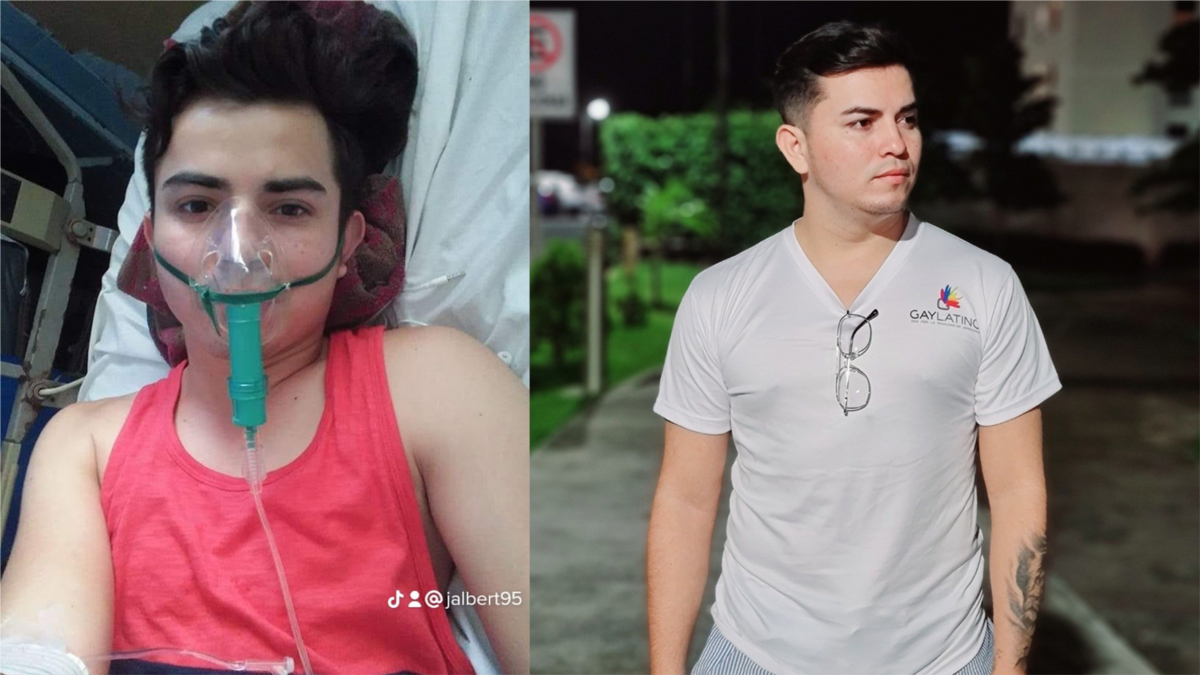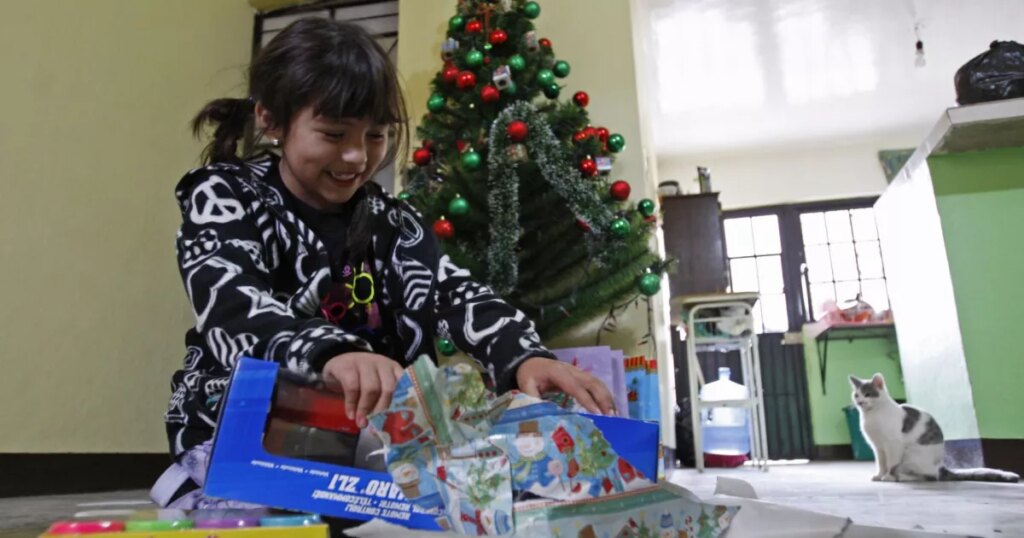Alberto Jiménez found out he was a carrier of the Human Immunodeficiency Virus (HIV) when he had just turned 16 years old and he says it was purely by chance.
Out of curiosity, she went to a health center for a checkup, but she noticed something strange when her first blood samples were taken. The next day, when he went for the results, they told him that they needed to do another test that finally confirmed what the doctors feared: he was HIV positive, but the way they told him said that he marked it throughout his life.
“After a new analysis, they sent me to the fund where the person who had treated me the first time was, and he gave me to fill out an application, and this person told me: ‘Well, look, you have AIDS.’ By then I said that the doctors said it was AIDS. So it was very difficult for me. The first thing I said: ‘I already died’”, she laments.
Jiménez entered a process of depression and shortly after he was diagnosed with the virus and began taking his medications, he decided to stop them due to the feelings of guilt he felt at that time.
“I began to torture myself mentally, psychologically. I was 16 years old. It was a very difficult process because I had to deal with that diagnosis. I tried to commit suicide, I tried to hurt myself in many ways. I did a lot of things against myself until one day I said, ‘I’m going to stop taking my medication,’ and I did, and that led to an aggravated state,” she recalls.
According to this 29-year-old, being HIV positive in Nicaragua carried a lot of stigma, especially when he received the diagnosis. He did not go public with his diagnosis until he was 22 years old after receiving support at a church.
He currently considers that prejudices about the disease persist and says that for this reason there are many people in Nicaragua who do not make their diagnosis public. “The people who have managed to express and make their diagnosis public are counted on the fingers of one hand, I am one of those people.”
Through the TikTok platform, he recently told about the disease publicly and many people wrote to him privately stating that they had the same condition and that they congratulated him for having expressed it.
The first video he uploaded has nearly 1.5 million views on his TikTok account where he has more than 200,000 followers.
The platform, he says, he uses it to raise awareness about the virus and to give hope to people who are diagnosed that all is not lost.
“ Due to carelessness, due to the depression I experienced, I stopped taking my treatment and fell into the terminal stage, but fortunately I managed to recover”, comments the young man. “So I shared all of that in the form of TikTok.”
“That caused people to start following me inside the country and outside the country”, but what caught his attention the most is that he says that “within the country he began to see that those people who, literally in a hidden way, (live) their stories of discrimination.
But it also brought negative consequences, which is why she had to leave the country on November 1 with her partner, she says, due to the stigma and discrimination she suffered in Nicaragua for years.
More than 500 new cases of HIV in Nicaragua
Nicaragua accumulates from 1987, until September 2021, 9,691 cases of HIV, according to official data.
From January to June of this year, 527 new infections of HIV.
Some 6,697 people are also receiving antiretroviral treatment.
Specialists regret that in Nicaragua, apart from the little education there is on the subject, in a certain way, attempts have been made to educate medical personnel in schools and in many companies, unfortunately the information has not been advanced.
“There are still a lot of myths, misconceptions about people living with HIV. That leads people, out of fear, to discriminate against you. They think that it is going to be transmitted in another way, or it is going to be transmitted in the other way,” said a specialist who preferred not to be quoted for fear of reprisals.
You can live with HIV if it is treated in time
According to the US Centers for Disease Control and Prevention (CDC), the HIV is a virus that attacks the body’s immune system and if left untreated can cause AIDS (acquired immune deficiency syndrome).
The CDC explains that with proper medical care, the virus can be controlled and people with HIV infection who receive effective treatment can live long, healthy lives and protect their partners.
In the same way, they recommend having a routine test to rule out any type of suspicion.
“When people with HIV do not receive treatment, the infection generally goes through three phases of progression. But HIV treatment can slow or prevent the progression of the disease. With advances in HIV treatment, progression to stage 3 (AIDS) is less common today than in the early years of the disease’s onset,” the CDC explains.
On December 1 of each year, the world commemorates World AIDS Day. The United Nations website says in a message posted on Thursday that: The world unites to support people living with HIV and to remember those who have died of AIDS-related illnesses.
The inequalities that perpetuate the AIDS pandemic are not inevitable; of course we can address them says the UN. On this World AIDS Day, today 1 December, UNAIDS urges everyone to address the inequalities that are holding back progress to end the disease.
Connect with the Voice of America! Subscribe to our channel Youtube and activate notifications, or follow us on social networks: Facebook, Twitter and instagram.
















